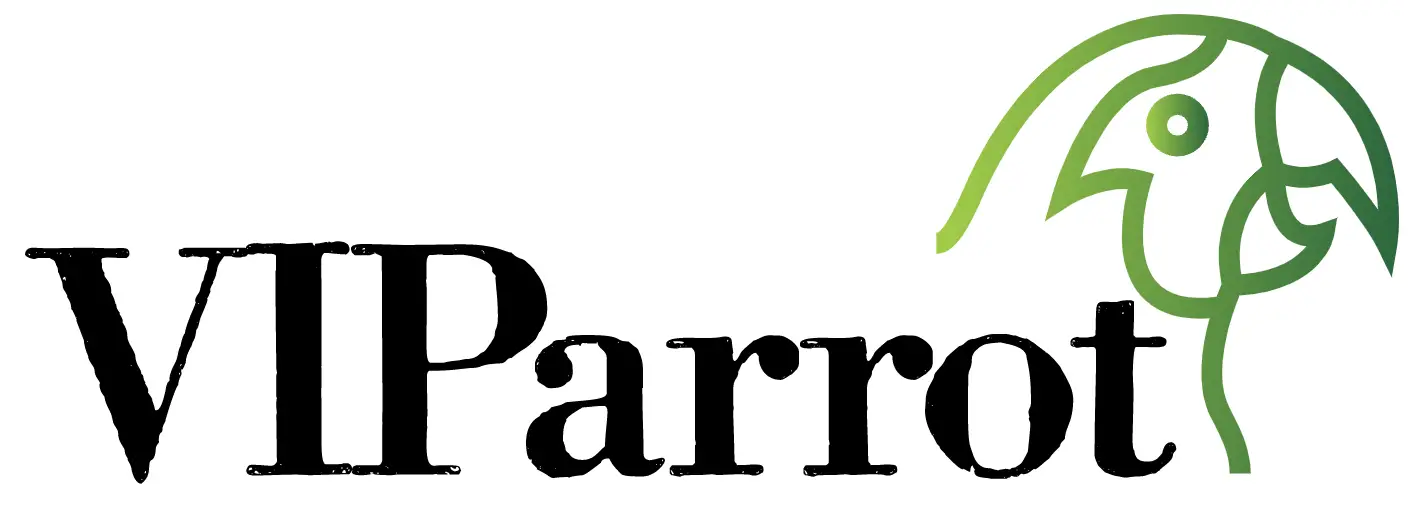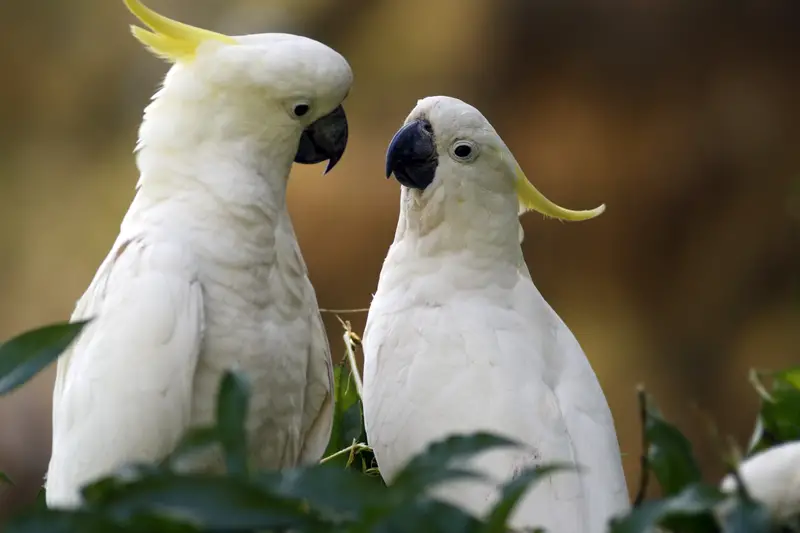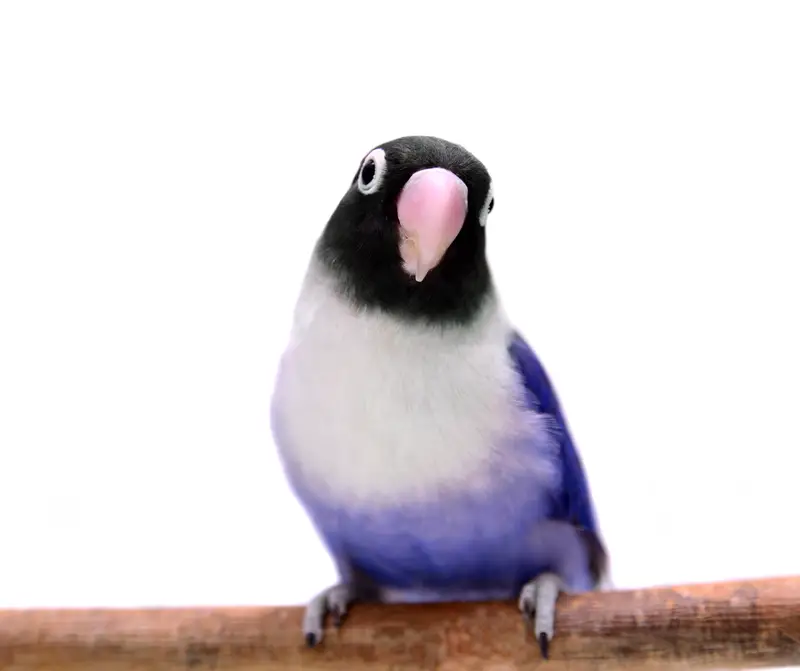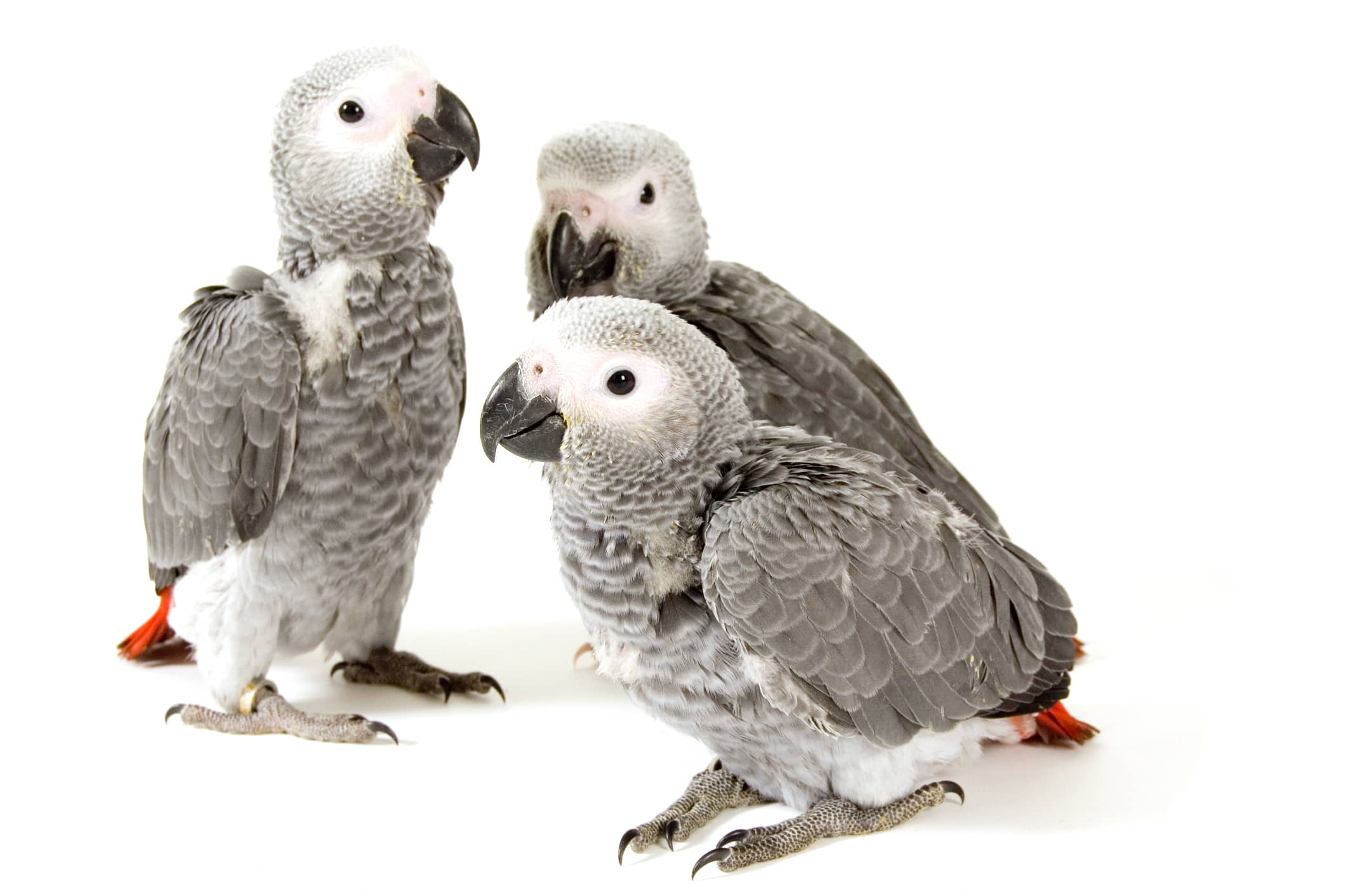From Diet to Personality: The Ultimate Hahns Macaw Guide
- VIParrot
- February 8, 2023
- 3:38 am
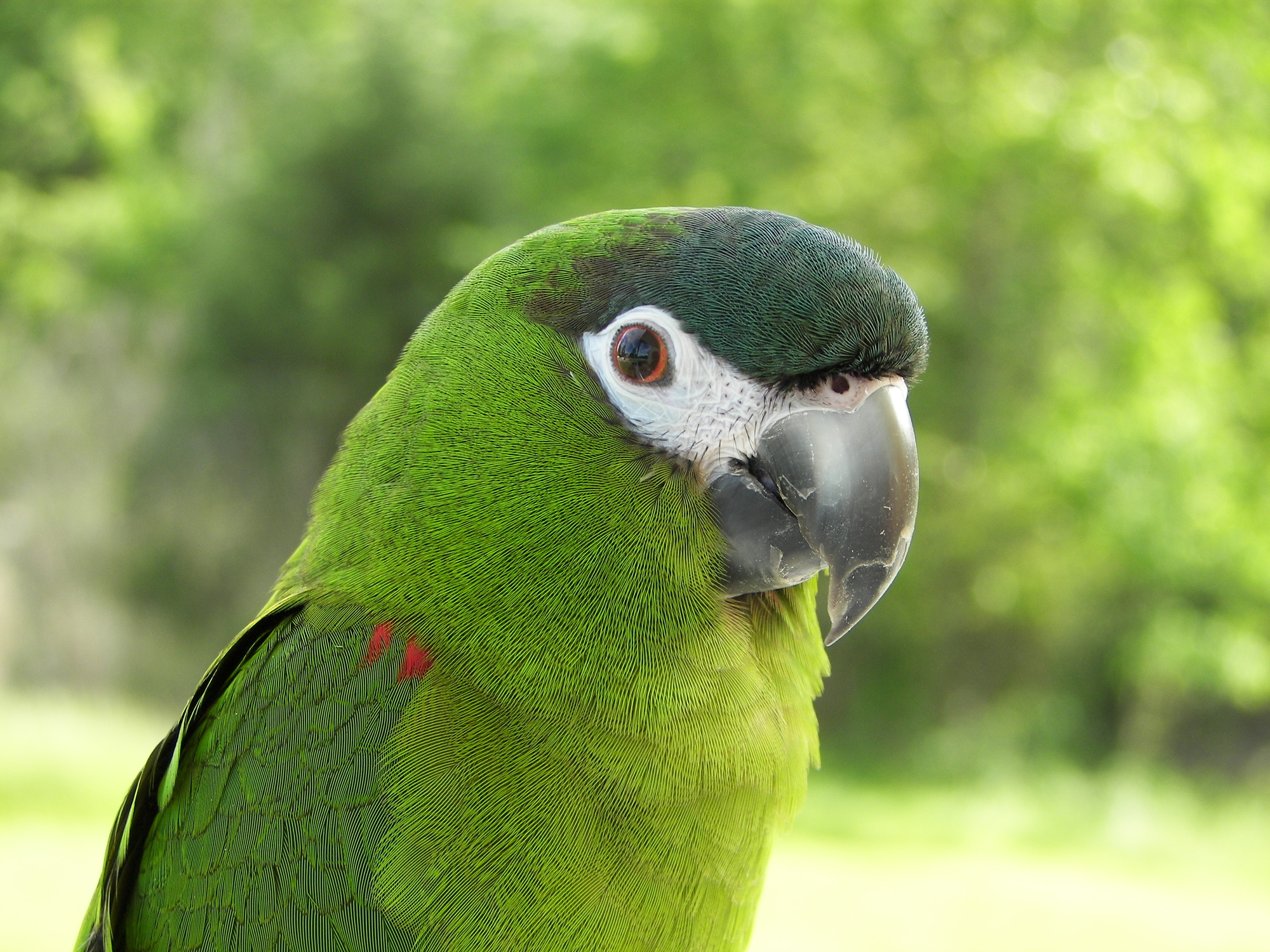
Species Overview
Also Known As: Brazilian red and green Macaw
Scientific Name: Diopsittaca nobilis
Adult Size: 12 inches
Life Expectancy: 30-40 years
Is The Hahns Macaw a good pet?
- Social and affectionate
- Intelligent
- Good for beginners
- They can be loud to express their excitement
- Demand a lot of attention
- Not good for apartment living
General Information
The Hahns Macaw is known by many names. Two other names are The Red-Shouldered Macaw and Mini Macaw. There are three subspecies of Red-Shouldered Macaw; the Hahn’s Macaw, the Noble Macaw, and the Long-Winged Macaw. The Hahn’s is the smallest of these. The Hahn’s Macaw is sometimes called a mini-macaw because of their small stature. They are in fact true Macaws. They are just incredibly small compared to a full sized Macaw. The Hahn’s is a mere 12 inches in length and weighs about 5 ounces. A cockatiel is only slightly smaller than a Hahn’s. The Hahn’s has a shorter lifespan than a standard sized Macaw, living an average of 30 to 40 years. To Maximize lifespan, feed your bird the best food possible, allow for adequate exercise, and interact with your bird for at least a few hours per day.
Hahn’s Macaws are originally from Bolivia, Brazil, Venezuela, Peru, and Guyana. They live in savannahs and palm groves, nesting in hollow trees and termite mounds. In the wild they are quite noisy, flying about with their buddies and filling the air with audible evidence of their presence. They enjoy exercising their lovely voices with lots of screeching, especially in the early morning and the evening. Not surprisingly, captive birds also do this. It’s just a birds way of telling the world that they are in fact alive and happy about it.
Their bodies are covered mostly in forest-green feathers. They have accents of other colors as well. The forehead, or crown, is a sea blue. This same blue is located on the lower part of the wing. The bend of the wing is a luscious red. The red really stands out as it’s the brightest color on the entire bird. As is typical in Macaws, there is a distinctive bald face patch around the eye with very small black feathers dotting the patch. Their eyes are a dark orange-brown. The beak is black. The males and females are indistinguishable unless blood is taken to test.
The Hahn’s is fairly common in the pet trade and often recommended for beginners. They are significantly smaller than the standard sized Macaws, so they need a bit less space, less food, and are less intimidating. They don’t make less noise though. They may have higher pitched voices, but they still use those voices to the full extent. It just must be kept in mind that if you are thinking of getting a Macaw, that they don’t sing like canaries. These birds squawk and they do it a lot. They also mimic words and sounds. Yes, they are small, but they can talk just like their bigger “cousins”.
What food do they eat?
Just like the bigger Macaws, this smaller version needs the same type of food, just smaller portions to go with their smaller bellies. They need a high quality nutritious pellet, some mixed seed, and plenty of fresh fruits and veggies every day.
Price
How big is the Hahns Macaw?
The Hahn’s is a mere 12 inches in length and weighs about 5 ounces. It’s not to say they don’t need a bigger cage though, Ideally all birds should have the biggest cage possible to give them plenty of room to play around while also let out regularly under supervision.
Temperament
The Hahns Macaw is much like its bigger friends in the fact it is bold, fun and very active. They can be great birds for someone looking to start easy and find an amazing companion to add to your family.
Common Diseases
– PDD (proventricular dilation disease or macaw wasting disease)
– Psittacosis
– Papillomas
– Polyomavirus
– Feather-picking
– Gout
